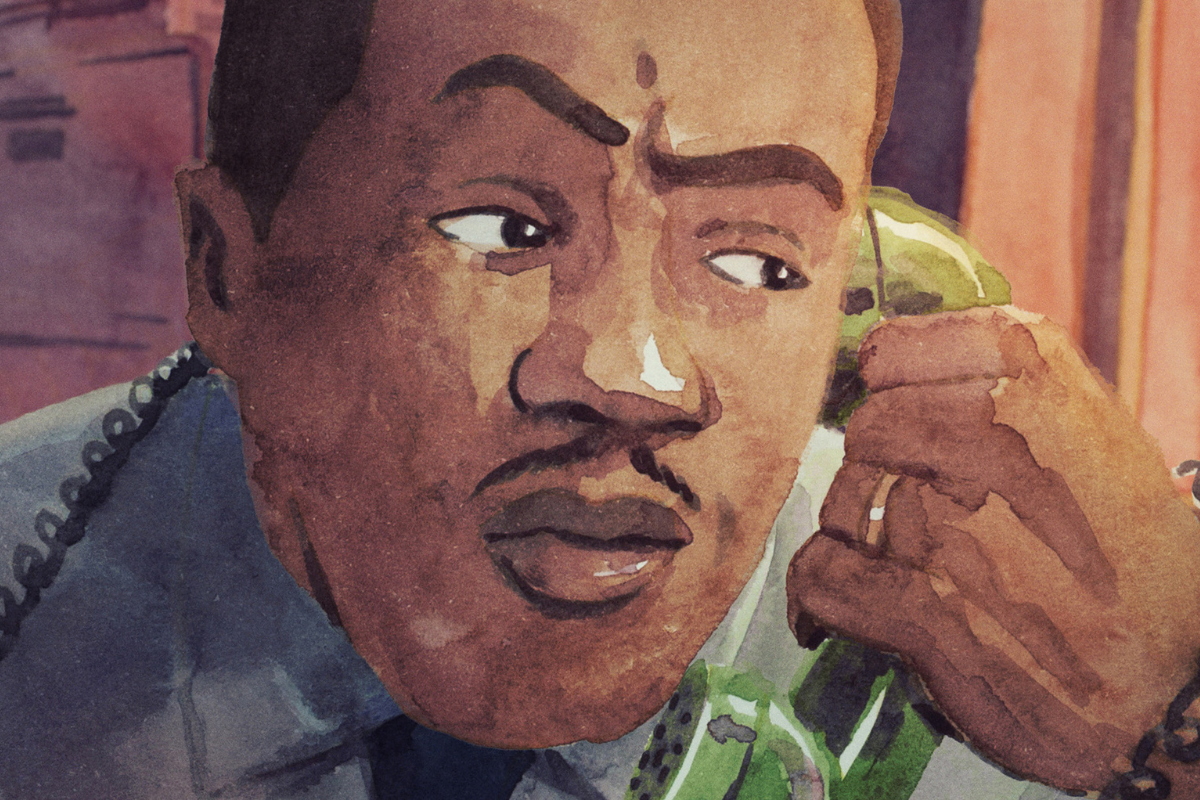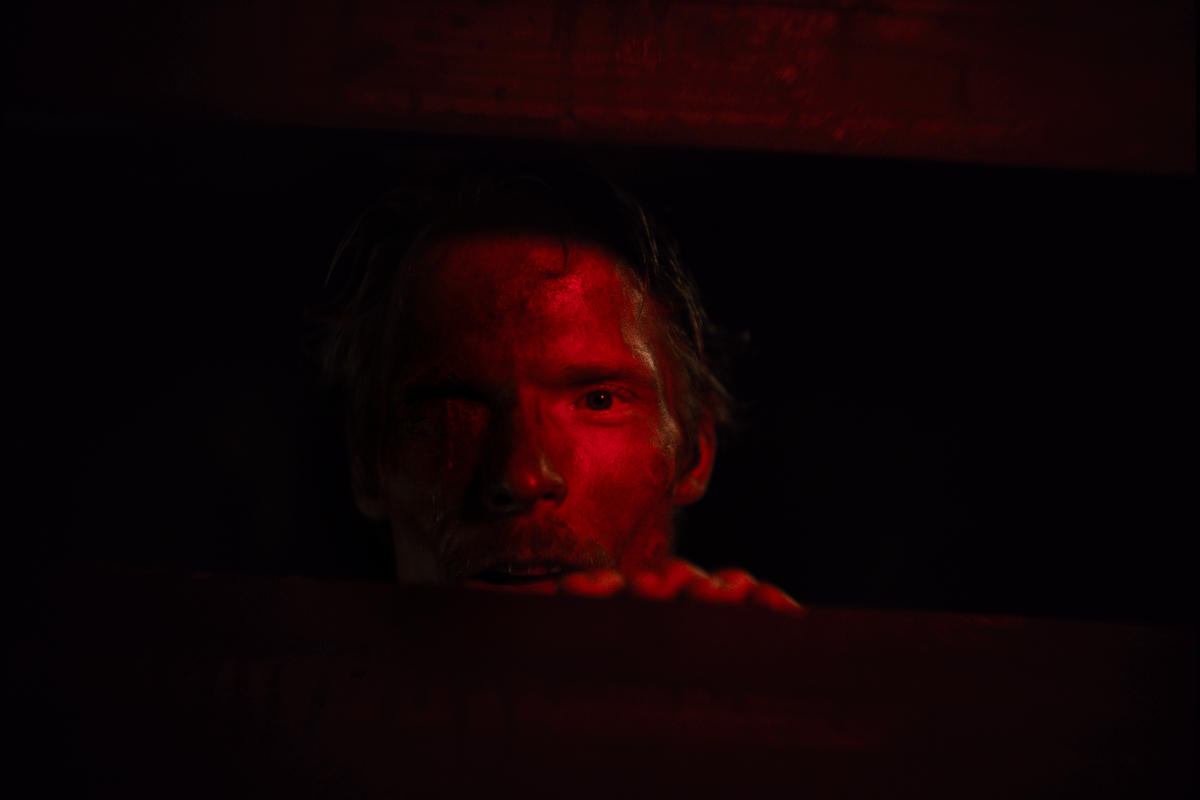Preview: Lymelife with Director Derick Martini
Brother filmmaking duos have thrived for decades in Hollywood. If each decade brings a new duo to the spotlight, who’s next on the block? Audiences at the 2009 Sundance Film Festival seemed to think Derick and Steven Martini have a chance to leave their mark.
Brother filmmaking duos have thrived for decades in Hollywood. If each decade brings a new duo to the spotlight, who’s next on the block? Audiences at the 2009 Sundance Film Festival seemed to think Derick and Steven Martini, 30-something New Yorkers, whose indie films are defined by a retro realism, have a chance to leave their mark. Their newest feature,Lymelife, which screened at Sundance 2009 and the Toronto International Film Festival 2008, opens in Los Angeles on April 17.
The ironic coming-of-age comedy set in Long Island in the 1970s stars Alec Baldwin, Jill Hennessy, Timothy Hutton, Cynthia Nixon, and Emma Roberts -- as well as another pair of showbiz brothers, Kieran and Rory Culkin. Writer-director Derick Martini collaborated on the script with his brother Steven, writing about their experiences growing up during this tenuous time in American history. “It’s an adult story told from an innocent perspective,” Derick says of the character study of six misguided suburbanites.
The central conflict revolves around 15-year-old Scott Bartlett (Rory Culkin). Can he rise above the insanity of his parents, classmates, and basically every adult he comes in contact with to become a man and figure out what life’s all about? Derick says he couldn’t have asked for a better partner than his brother Steven, who Derick calls “brutally honest.” Steven not only served as Derick’s co-scribe, but he also edited the film. “It’s great to have that perspective,” Derick says of the tag-team filmmaking process. “While I was directing, [Steven] was already editing the scenes. We both knew what scenes were on the chopping block. We would talk each other in and out of cutting them.”
Post-production consisted of sometimes emotional discussions involving adjustments to the story. The brothers had to coach each other on when to step back and make decisions for the good of the film. That’s where the brotherly partnership comes in most handy, Derick says. “There’s no bullshit. [My brother] will just tell me: This scene doesn’t work.” That’s the kind of honest relationship that makes any artistic collaboration successful.







